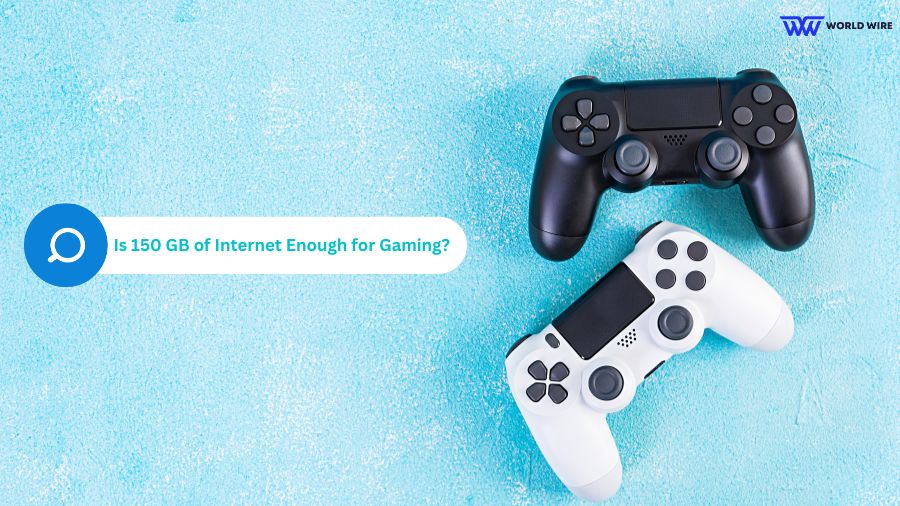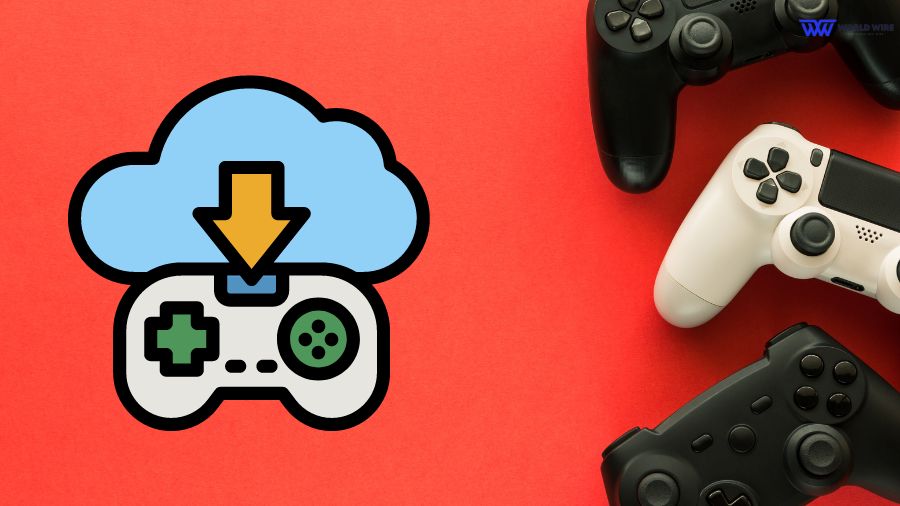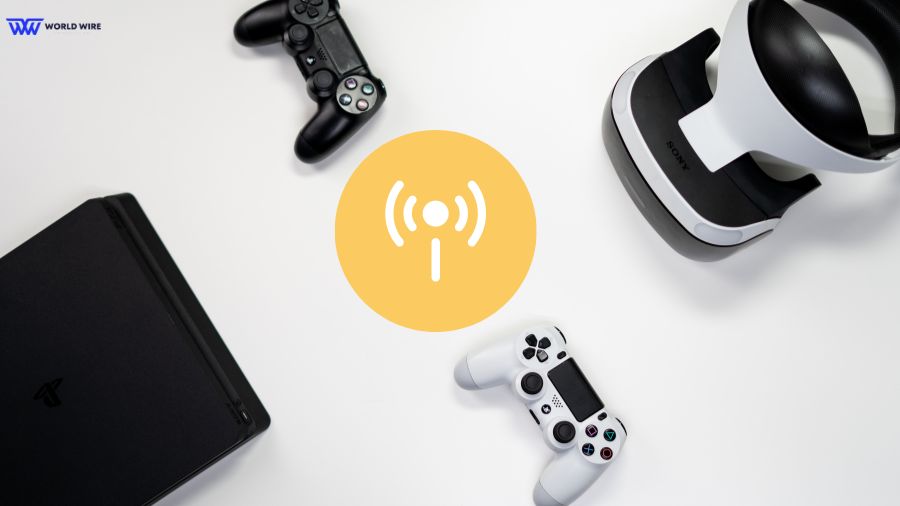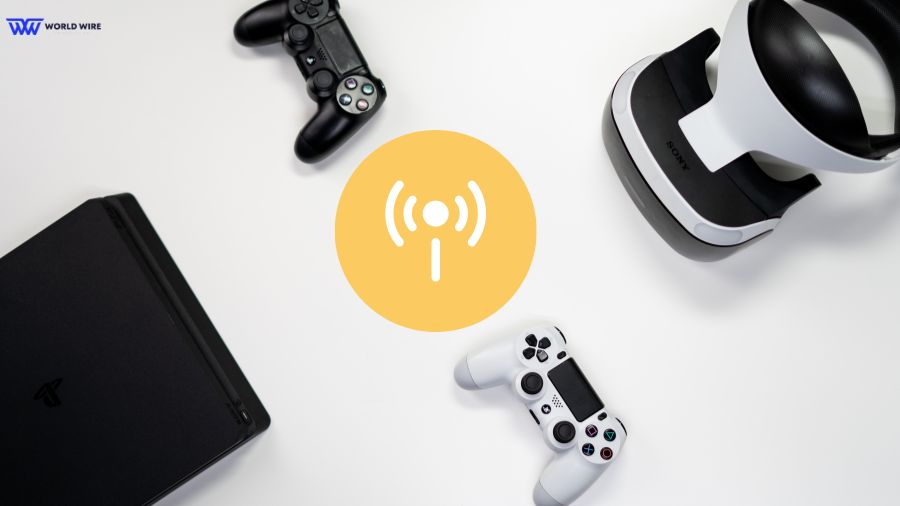Deciding Is 150 GB of Internet Enough for Gaming? Hinges on understanding individual usage patterns.
For many gamers, navigating the online world is as important as the games themselves.
The average household’s home internet data needs to be based on browsing habits, streaming practices, and gaming requirements.
Avid gamers understand data caps can be a limiting factor, potentially affecting game performance and access to online content.
As an avid gamer, I’ve often wondered if 150 GB of internet data per month is sufficient for my gaming needs.
Given the size of modern game downloads and updates, especially for high-fidelity games that can take up 100 GB or more for a single installation, it’s a real concern.
While this amount might be enough for downloading a few smaller games or handling regular online gameplay, it becomes a tight squeeze when you factor in massive titles and frequent updates.
Plus, any other online activities, like streaming or browsing, also dip into this data pool, making it even more challenging to manage.
So, it’s crucial to evaluate what types of games I play and how often I download new content to determine if 150 GB will truly suffice.
In this article, I have shared everything you need to know about managing “Is 150 GB of Internet Enough for Gaming?”
So, without any further ado, let’s get started.
How Much is 150GB of Internet Data?

When discussing Is 150 GB of Internet Enough for Gaming?, it is crucial to understand what data caps mean and how much data typical online activities consume.
Data caps are limits set by internet service providers (ISPs) on the amount of data a user can consume within a certain time frame, usually a month.
These caps can significantly impact gamers, as exceeding them can result in additional fees or reduced internet speeds.
Understanding the restrictions of a 150GB data cap is the first step to managing internet usage effectively, especially in households with multiple devices.
| Activity | Data Usage Per Hour | Hours Per Month | Total Data Used Per Month (GB) |
| Web Browsing | 100 MB | 30 | 3 GB |
| Streaming Music | 72 MB | 20 | 1.44 GB |
| HD Video Streaming | 3 GB | 10 | 30 GB |
| Video Calls | 1.5 GB | 5 | 7.5 GB |
| Online Gaming | 100 MB | 50 | 5 GB |
| Downloading Games | N/A | N/A | Variable (e.g., 30 GB for 2 big titles) |
| Game Updates | N/A | N/A | Variable (e.g., 10 GB for monthly updates) |
As you can see in the table, 150 GB of internet data can easily last for a month.
However, it’s important for gamers to note that while the gameplay itself may not consume excessive data, downloading games, updates, and patches can quickly eat into a 150GB cap.
Moreover, it’s not just gaming; other household activities like listening to podcasts on Spotify or streaming HD videos can contribute to reaching the data cap, making it a collective concern for all internet users in a household.
Is 150 GB of Internet Enough for Gaming?

Evaluating Is 150 GB of Internet Enough for Gaming? Largely depends on the types of games players engage in and their gaming habits.
Data consumption varies significantly across different game genres.
MMOs (Massively Multiplayer Online games), for example, are persistent online worlds that can consume between 50 and 100 MB per hour of play.
Popular MMOs like World of Warcraft or Final Fantasy XIV can see a player spending several hours a day in-game, which can add up over a month.
On the other hand, FPS (First-Person Shooter) games such as Call of Duty or Overwatch might require slightly more, often averaging around 80-150 MB per hour.
This is due to the constant exchange of information between the player’s console or PC and the game servers to keep the fast-paced action synchronized.
Casual games, normally played on mobile devices or via web browsers, use much less data, often not exceeding 30 MB per hour. These games might include Candy Crush or Among Us.
Considering these figures, a 150GB monthly data cap translates roughly to 1500 hours of casual gaming, around 1500-3000 hours of MMO gaming, or 1000-1875 hours of FPS gaming.
However, this does not account for game downloads and updates, which can be several gigabytes.
Here is a table of some famous games and the amount of data they need for hourly gameplay, downloads, and updates.
| Title | Data Per Hour | Download Size | Update Size |
| Fortnite data usage | 100MB | 30GB | 2GB |
| Minecraft data usage | 40MB | 1GB | 500MB |
| Overwatch 2 data usage | 150MB | 50GB | 5GB |
| Microsoft Flight Simulator (2020) data usage | 700MB | 150GB | 20GB |
| PlayerUnknown’s Battlegrounds (PUBG) data usage | 40MB | 30GB | 3GB |
| Dota 2 data usage | 120MB | 15GB | 1GB |
| League of Legends data usage | 45MB | 12GB | 1.5GB |
| Counter-Strike 2 data usage | 250MB | 25GB | 2GB |
| Team Fortress 2 data usage | 80MB | 15GB | 500MB |
| Call of Duty: World War II (COD) data usage | 40MB | 90GB | 14GB |
| Call of Duty: Black Ops 4 (COD) data usage | 80MB | 100GB | 15GB |
| Call of Duty: Warzone (COD) data usage | 160MB | 175GB | 30GB |
| Call of Duty: Modern Warfare 2 (2022) data usage | 80MB | 175GB | 20GB |
| Battlefield V data usage | 100MB | 80GB | 10GB |
| Battlefield 2042 data usage | 200MB | 100GB | 20GB |
| World of Warcraft data usage | 40MB | 70GB | 3GB |
| Monster Hunter: World data usage | 30MB | 36GB | 5GB |
| Destiny 2 data usage | 300MB | 105GB | 8GB |
| Warframe data usage | 115MB | 35GB | 3GB |
| Grand Theft Auto V Online (GTA) data usage | 60MB | 95GB | 5GB |
| Rainbow Six Siege data usage | 70MB | 61GB | 4GB |
| Rocket League data usage | 40MB | 20GB | 1GB |
| Hearthstone data usage | 3MB | 3GB | 200MB |
| Teamfight Tactics data usage | 60MB | 12GB | 1GB |
| Final Fantasy XIV data usage | 20MB | 50GB | 4GB |
| Sea of Thieves data usage | 30MB | 50GB | 4GB |
| Fall Guys: Ultimate Knockout data usage | 70MB | 2GB | 300MB |
| Starcraft 2 data usage | 20MB | 30GB | 2GB |
| Diablo IV data usage | 20MB | 50GB | 4GB |
| Valorant data usage | 250MB | 20GB | 1GB |
| Marvel Snap data usage | 20MB | 1GB | 100MB |
| Apex Legends data usage | 200MB | 31GB | 3GB |
A gamer who spends an average of 3 hours per day playing could consume anywhere from 4.5GB to 13.5GB per month, purely based on gameplay.
This estimate aligns with the information on NCESC, indicating that 150 GB should suffice for regular gaming habits.
However, players must monitor their usage, especially if they frequently download new games or play data-intensive titles. It is advisable to consult with their internet provider for the best internet plans.
Gamers should also note that activities like streaming gameplay or participating in gaming communities with voice chat can increase data usage.
Thus, while 150GB of internet could be enough for gaming alone and other online activities, gamers may need to budget their data accordingly.
Is 150GB of Internet Enough for Downloading Games?

Whether 150GB of internet data is enough for downloading games depends on the size of the games you plan to download.
Here’s a breakdown to help you decide:
- Small Games: Games like “Minecraft” or “Hearthstone” have relatively small download sizes (around 1GB to 3GB). You could download many such games without worrying about exceeding 150GB.
- Medium Games: Most modern games, especially those with detailed graphics or large worlds, require more data. For example, “League of Legends” or “Valorant” need around 12GB to 25GB. You can still download several of these games within a 150GB limit.
- Large Games: High-fidelity games like “Microsoft Flight Simulator” or the latest “Call of Duty” series can require 100GB or more just for a single installation. Downloading just one or two games might use up most of your 150GB quota.
So, if you’re mostly interested in larger and more recent games, 150GB might not be sufficient.
However, with 150GB of Internet Enough for Gaming, you can mix smaller games with one or two larger installations.
Factors Affecting Is 150 GB of Internet Enough for Gaming?
When considering whether the 150 GB internet data cap is sufficient for gaming, several factors can impact the amount of data used.
These factors include game settings, updates, and other variable activities.
Game Settings and Resolution
Higher game settings and resolutions translate to more data usage for each second of gameplay.
For example, playing a game at 1080p uses significantly more data than playing at 720p.
Games streamed or played at 4K resolution can consume even more data, making it crucial to adjust these settings accordingly if data usage is a concern.
Updates and DLC
Games today often receive regular updates and have additional content, known as downloadable content (DLC), which can be sizeable.
A single game update can range from a few hundred megabytes to several gigabytes. Frequent updates and installing new DLC can quickly eat into a monthly data allocation.
Other Factors
Data consumption is not only about the games themselves. The number of devices connected and online activities, such as video streaming, web browsing, and digital downloads, all collectively contribute to data usage.
Background activities on a gaming console or PC, such as automatic updates, can also impact the overall data used each month.
Can You Use a Hotspot for Gaming Online?

You can use a hotspot for online gaming, but keep in mind that it might use a lot of data, so make sure your plan covers it.
Most providers offer around 25 GB of hotspot data that lasts only a few days. When it comes to gaming, make sure to buy an unlimited plan.
Also, hotspots might not be as stable as wired connections, which can lead to lag.
Plus, you should check if your network speed is fast enough to support smooth gameplay.
Does Online Gaming Use More Data Than Streaming?

Online gaming generally uses less data than streaming video content.
The average multiplayer game consumes about 40-100 MB per hour, which is akin to the data used for music streaming.
In contrast, streaming video, depending on the quality, can be much more data-intensive.
Streaming high-definition (HD) video can use 1GB to 3GB per hour and for those viewing in 4K resolution, data usage skyrockets to approximately 7GB per hour.
Clearly, gamers who enjoy streaming at high resolutions will see their data consumption increase substantially compared to those just playing online games.
Services like Netflix or YouTube have a significant impact on data usage based on streaming quality.
For instance, Netflix streaming in HD uses up to 3GB per hour, while 4K streaming demands even more.
Meanwhile, receiving a video stream, like a 1080p HD video in a Zoom meeting, takes a much smaller toll, at about 1.8 Mbps.
In conclusion, 150 GB of internet enough for gaming but not for streaming videos.
Frequently Asked Questions
What is data usage in gaming?
Data usage in gaming refers to the amount of internet data transmitted between your gaming device and the game server while you play.
This includes everything from downloading the game and updates to real-time data exchange during gameplay, such as player movements and game actions.
Are there games that require more than 150 GB of data per month?
Yes, some games might require more than 150 GB of data per month, especially if they involve frequent large updates or downloading high-resolution content and expansions.
Examples include high-end AAA titles or games with extensive modding communities.
How much data do popular online games consume per hour?
Popular online games typically consume between 40 MB to 300 MB per hour.
Simpler games like “Among Us” might use less, around 30-50 MB, while more complex games with detailed graphics such as “Call of Duty” can use up to 150 MB per hour.
What are the consequences of exceeding my data limit?
Exceeding your data limit can lead to throttled internet speeds, which might reduce gaming performance, cause lag, or result in higher latency.
Some ISPs may also charge overage fees, which can significantly increase your monthly internet bill. Monitoring your data usage closely is essential to avoid these issues.
How can I reduce my data usage while gaming?
To reduce data usage while gaming, consider adjusting the game’s settings to lower resolutions and disable extra features like high-frame-rate modes.
Also, if your ISP offers data-free periods, make sure to download game updates and new content during off-peak hours.
Additionally, using Ethernet connections rather than Wi-Fi can sometimes help manage data more efficiently by reducing the overhead caused by wireless communications.






Add Comment